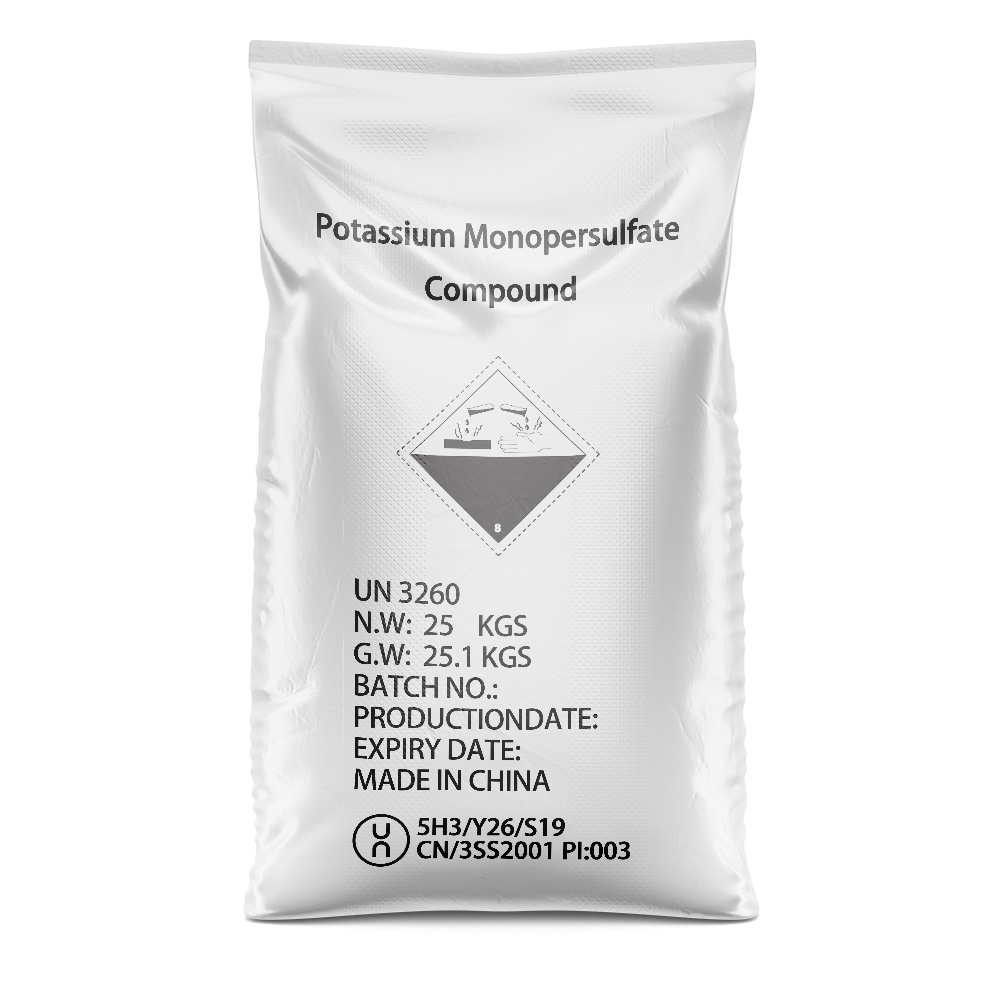



natural barium sulphate
Exploring Natural Barium Sulphate Properties, Applications, and Environmental Considerations
Barium sulphate, a white crystalline solid, has a multitude of applications across various industries. Naturally occurring barium sulphate, known as barite, is a mineral with the chemical formula BaSO₄. Its unique properties make it an essential compound in various fields, from the oil and gas industry to the pharmaceutical sector. This article explores the characteristics, uses, and environmental considerations of natural barium sulphate.
Properties of Natural Barium Sulphate
Barite is composed of barium (Ba) and sulphate (SO₄) ions, resulting in a compound that is insoluble in water and most organic solvents. The mineral typically appears in a white to colorless form, though impurities can cause variations in color. Barite has a high density, usually ranging between 4.2 to 4.5 g/cm³, which contributes to its effectiveness as a weighting agent. Its high specific gravity and low solubility underscore its stability and reliability in various applications.
Industrial Applications
One of the primary uses of natural barium sulphate is in the oil and gas industry, where it serves as a crucial weighting agent in drilling fluids. The high density of barite helps to control the pressure in the borehole, preventing blowouts during drilling operations. Additionally, its inert nature ensures that it does not react with other components in the drilling fluid, making it ideal for this application.
natural barium sulphate

In the manufacturing sector, barite is widely used as a filler in products such as paint, rubber, and plastics. Its ability to enhance the opacity and brightness of paints makes it a valuable additive in the coatings industry. Moreover, its non-toxic nature allows for its safe use in consumer products.
The pharmaceutical industry also utilizes barium sulphate for medical imaging. It is used as a contrast agent in radiographic examinations of the gastrointestinal tract. This application is particularly significant, as it helps to improve the clarity of X-ray images, enabling healthcare professionals to diagnose various conditions more effectively.
Environmental Considerations
While natural barium sulphate is generally considered non-toxic, it is essential to examine its environmental impact. The extraction and processing of barite can lead to concerns related to mining operations, including habitat destruction and potential pollution. Responsible mining practices are vital to mitigate these effects. Companies must comply with environmental regulations and adopt sustainable practices to minimize their ecological footprint.
Furthermore, the disposal of barium-containing waste materials must be managed carefully. Although barium sulphate is not soluble and poses fewer risks compared to other barium compounds, it is still necessary to follow proper waste management protocols to prevent accumulation in ecosystems.
In conclusion, natural barium sulphate is a versatile and essential mineral with diverse applications ranging from drilling fluids to pharmaceuticals. Its unique properties and inert nature make it invaluable across various industries. However, it is crucial to address environmental considerations associated with its extraction and use. By adopting sustainable practices, we can continue to benefit from this mineral while preserving the environment for future generations.
-
Why Sodium Persulfate Is Everywhere NowNewsJul.07,2025
-
Why Polyacrylamide Is in High DemandNewsJul.07,2025
-
Understanding Paint Chemicals and Their ApplicationsNewsJul.07,2025
-
Smart Use Of Mining ChemicalsNewsJul.07,2025
-
Practical Uses of Potassium MonopersulfateNewsJul.07,2025
-
Agrochemicals In Real FarmingNewsJul.07,2025
-
Sodium Chlorite Hot UsesNewsJul.01,2025










